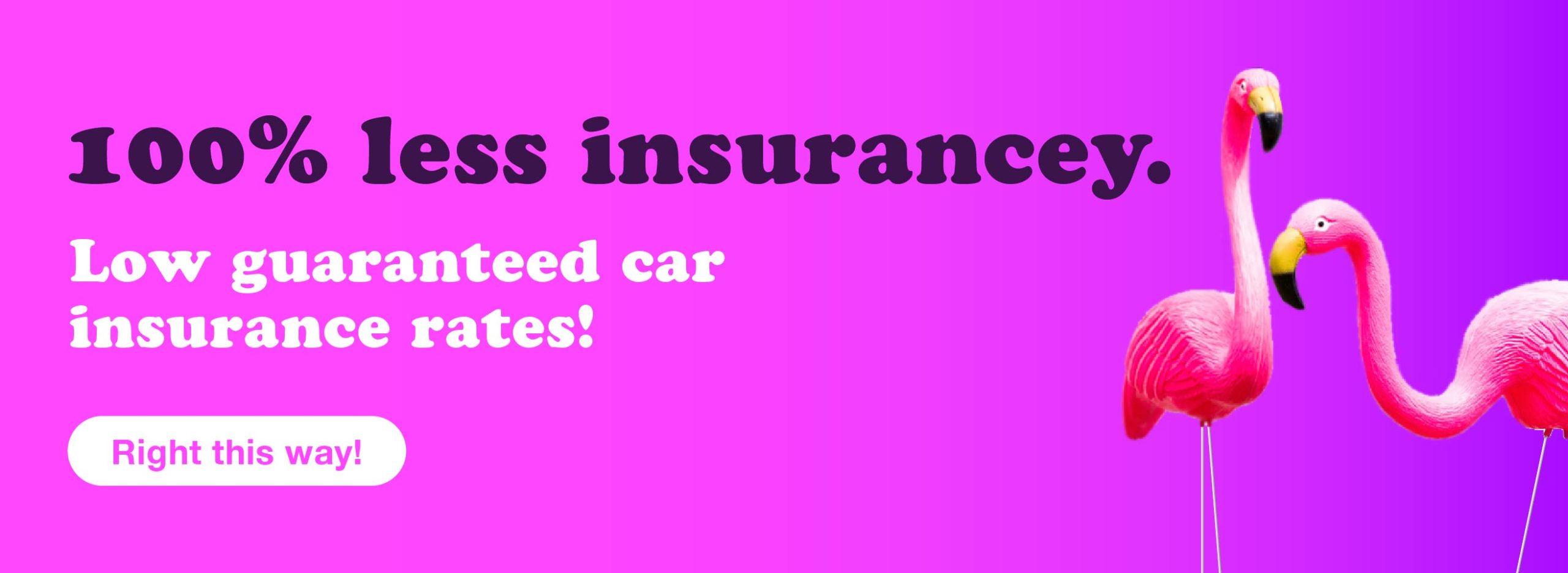Driving at night can be difficult because of the reduced light, and that’s why the frequency of both collisions and fatalities skyrocket at night compared to daytime driving. It’s no surprise that many drivers seek ways to make night driving safer, and often this includes exploring options that can improve night vision.
Night driving glasses have been put on the market to solve this exact problem, but unfortunately, these have turned out to be more of a gimmick than a real solution.
What are night driving glasses?
Night driving glasses are non-prescription eyeglasses with yellow-tinted or yellow polarized lenses. The makers of these products claim that the glasses will help drivers see better at night. According to advertisements, these glasses have the ability to improve night vision by reducing glare, making objects appear clearer, and helping you see colours more accurately.
Why night driving glasses don’t actually work
The problem with night driving glasses is they cut down on how much light you actually see. If you think about why night driving is a problem in the first place, then it will quickly become apparent why these glasses aren’t effective. Any type of eyewear that reduces the amount of light getting into your eyes will make it harder for you to see, thereby making night driving more difficult, not easier.
These glasses are even more problematic because they give drivers the impression they can see more clearly when in reality their vision has been further impaired. Drivers wearing night driving glasses probably believe their vision is sharper, instead of driving more carefully to compensate for their reduced vision.
Better ways to improve visibility during night driving
Many drivers experience difficulty driving at night, but if glare and vision are significant problems for you, then you should schedule an eye examination. If you have to wear corrective lenses, make sure your prescription is up-to-date and that you always wear your glasses when driving, especially at night. Other ways you can help improve night driving visibility include:
- Keeping your eyeglasses clean.
- Cleaning your headlights to improve road lighting.
- Cleaning the inside and outside of your windshield regularly.
- Replacing older windshield wipers with new and high-quality ones.
Improving night driving when your vehicle insurance requires glasses
If your car insurance provider says you have to wear prescription glasses at night, don’t make the mistake of thinking that night driving glasses will help you meet this requirement.
However, there are special clear glasses you can buy with anti-reflective lenses that will improve night driving by reducing any distortions caused by your prescription lenses. With these glasses, you can actually meet the requirements of your auto insurance policy and improve your vision for night driving.
Although night driving glasses claim to be the solution that everybody’s looking for to improve night vision and road safety, these products are unfortunately no more than a gimmick. In fact, wearing these glasses will likely reduce your ability to see at night, and this will make driving in the dark even more dangerous.
Luckily, there are other legitimate ways you can improve visibility at night. They involve keeping your car properly maintained and staying on top of your eye health.
Top factors to consider when buying sunglasses for driving
Hitting the open road on a nice sunny day can be glorious, but sometimes the sun’s glare can be distracting and even dangerous. That’s why every driver should invest in a pair of quality sunglasses. But what type are the best sunglasses for driving? There’s a huge selection available, but some are better for driving than others.
Here’s a roundup of what you should look for when buying a pair.
Fit & Shape
The last thing you want is for your sunglasses to shift or fall off while you are reacting to a possible emergency. When you are trying on sunglasses, shake your head and make some sudden movements to ensure they stay on your face.
Avoid bulky sunglasses and those with thick rims or arms that may prevent you from seeing something in your peripheral vision.
Polarization
Although they may cost a bit more, consider purchasing sunglasses with polarized lenses. Polarization can greatly reduce glare from the sun or headlights. This is especially helpful when light is reflecting off wet surfaces or snow.
Polarized lenses will not only ensure your vision won’t be as affected by glare, but they will also make driving more comfortable by reducing the strain on your eyes and prevent squinting.
Lens Colour
The colour of your lens is a very important consideration when choosing the best sunglasses for driving. Gray, amber and brown lenses are the best for driving as they provide a good degree of natural contrast. Avoid red, blue, green or other coloured lenses as they can impair your ability to see brake lights, street signs, and street lights.
Tint
The depth of tint in your glasses should also be considered. Tint is measured by the amount of light that can be transmitted through the lenses. This can range from a very light tint that ranges from 20%-60% all the way through to 80%-92% tint. A safe range for driving runs from 0% (clear) to 30% tint.
Sunglasses that fall out of this range can prevent you from seeing other cars and pedestrians, especially in shadowy areas. New sunglasses should have the tint rating either on the frames themselves or on the product packaging. Check this out before putting down your money!
Driving on a bright sunny day can be a lot of fun but consider using the guide above to pick up a pair of the best sunglasses for driving and give your eyes a break.
Get a 3-minute quote to see how your good driving record will save money.







